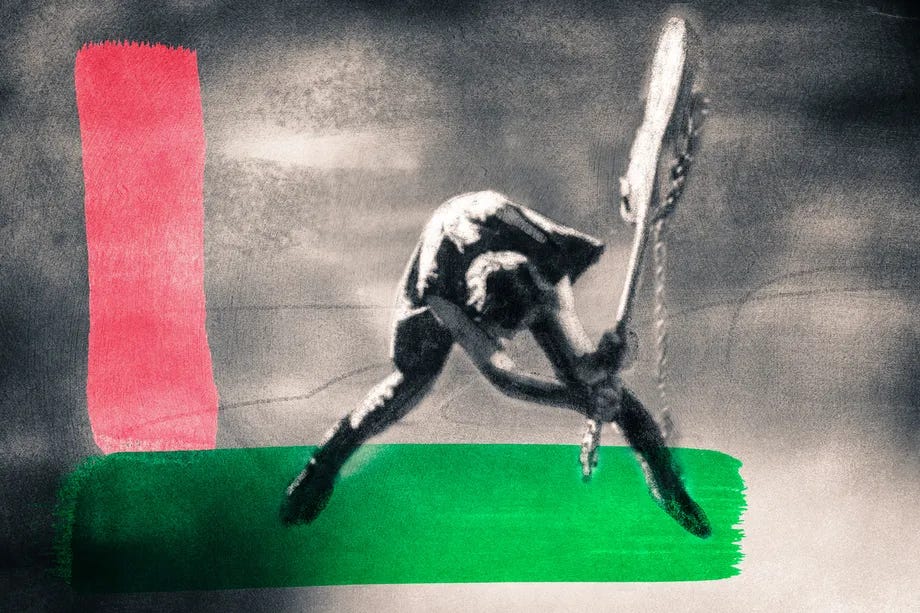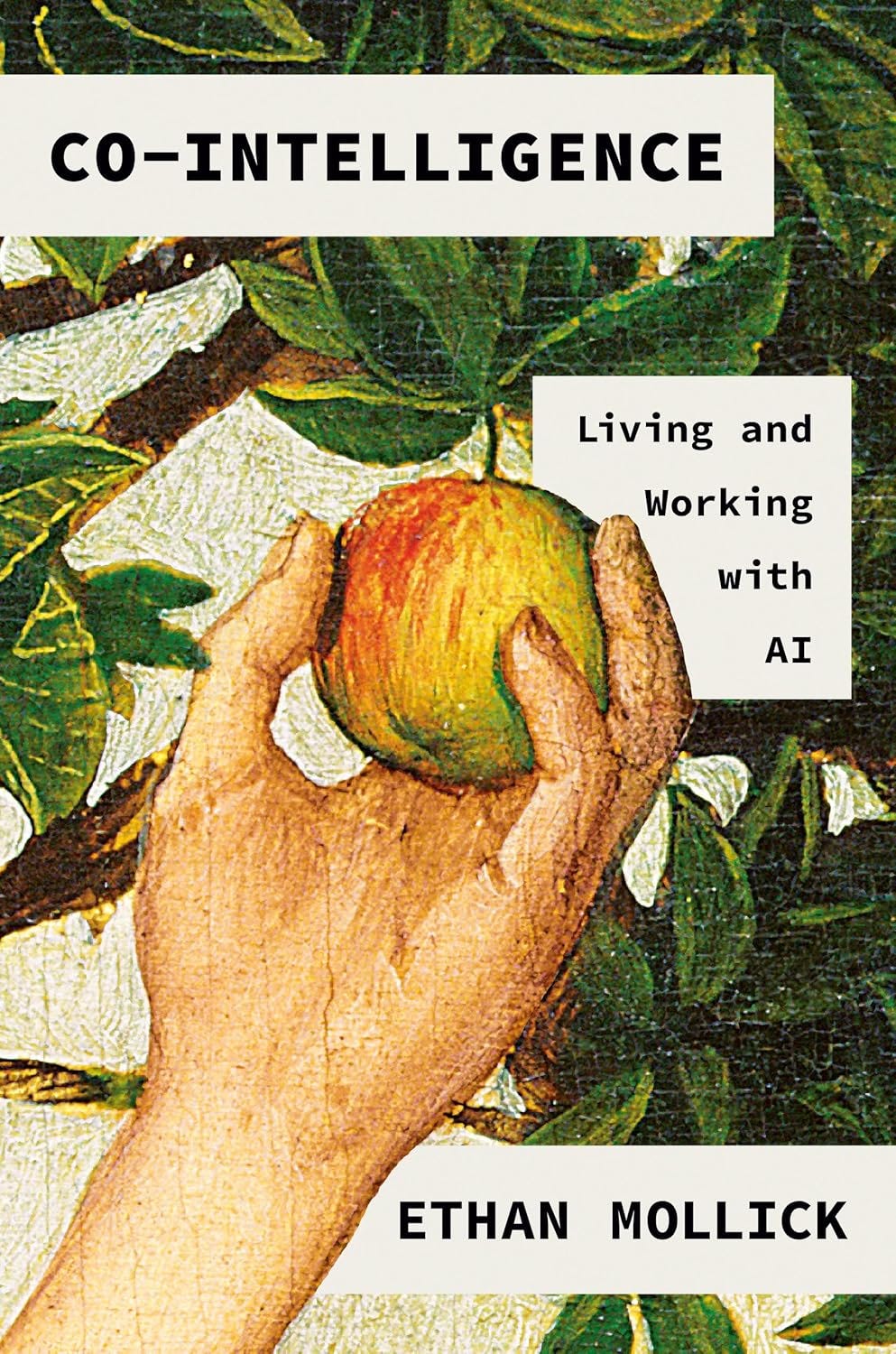CA district court blocks law banning deepfakes, Ethan Mollick’s ‘Co-Intelligence’ is book of the week, & more!
Bringing you the latest free speech news (10/6/24)
Story of the week
Citing the First Amendment, a federal district court judge has blocked a California law that bans “deceptive” election-related content online. The law, AB 2839, would have allowed anyone to seek damages from a creator of election-related deepfake content, unless that content was properly labeled.
The problem, U.S. District Judge John A. Mendez wrote, is that the law “acts as a hammer instead of a scalpel, serving as a blunt tool that hinders humorous expression.” Mendez is right. Because the law targets speech based on its content, it merits strict scrutiny; and counter-speech is a less restrictive alternative to censorship, whether in the form of community notes on X (as was the case for the tweet that seemed to drive discussion of this law) or callouts in other media. Additionally, making disclaimers mandatory creates compulsory speech, something that is rarely permissible under the First Amendment, if ever.
Learn more in this week’s ‘London Calling,’ below!
This week in FIRE’s blog
Free speech and football: FIRE's college football matchup of the week is Mizzou v. Texas A&M by Sean Stevens
Walz/Vance VP debate another reminder it’s time to extinguish the ‘fire in a crowded theater’ trope by Robert Shibley
Federal court blocks University of Maryland’s unconstitutional ‘Expressive Event’ ban
Professor fired for porn hobby vows to take university to court by Zach Greenberg
Trailblazing Dartmouth students bring dialogue across difference to campus by William Harris
This week in ERI
FIRE in the press!
California’s solution to fight AI disinformation is worse than the problem (MSNBC) by FIRE Senior Fellow Jacob Mchangama
Instead of succumbing to elite panic, we should face the challenge of disinformation while heeding the words of former Supreme Court Justice Anthony Kennedy, who said, “Our constitutional tradition stands against the idea that we need Oceania’s Ministry of Truth.” In defending free speech, we must avoid granting the government unprecedented powers to decide what truth is, recognizing that the greatest threat to democracy often comes from those who claim to protect it.
International free speech stories of the week
Award-winning Cambodian journalist Mech Dara arrested, say rights groups (The Guardian)
American writer living in Germany could face jail time for using satirical swastika to voice dissent (FIRE) by Megan Meyers
Tibetan monk jailed for 18 months over Dalai Lama’s speech (Radio Free Asia)
London Calling: Ronnie’s First Amendment Roundup
Well, that didn’t take long. On September 17, the governor signed a new California law regulating a broad range of “materially deceptive” election-related speech—including but not limited to deepfakes of candidates and elected officials, but also other “digitally created or modified” content—while allowing recipients of the content to sue distributors for damages. On October 2, a federal court preliminarily enjoined the law. Noting the definition of “materially deceptive” extended beyond unprotected speech like defamation or other false statements that cause legally cognizable harm, the court grounded its injunction in Supreme Court precedent holding the government lacks any general power to police truthfulness, authority that would invite abuse for political ends. (Which echoes a central point of Greg’s congressional testimony on the risk AI regulation poses to free speech.) And insofar as the law has carve-outs for candidates portraying themselves and for satire or parody—so long as the content carries a label disclosing the digital creation/modification—the court held that “constitutes compelled speech that dilutes” the message.” Fear of digitally manipulated media, the court explained, “does not give legislators unbridled license to bulldoze over the longstanding tradition of critique, parody, and satire protected by the First Amendment.” At bottom, the law violates the First Amendment in failing to use the least restrictive means to serve the State’s interests in electoral-process integrity and reliability, especially given the obvious alternative of counter speech. Rather, “most of AB 2839 acts as a hammer instead of a scalpel, serving as a blunt tool that hinders humorous expression and unconstitutionally stifles the free and unfettered exchange of ideas which is so vital to American democratic debate.”
Book of the week
Ethan Mollick’s ‘Co-Intelligence: Living and Working with AI’ is indispensable for anyone grappling with AI. Grounded in examples of practical applications of the new technology, this is a must-read whether you’re optimistic or fearful of AI’s potential.







FYI: My own new essay "Gavin Newsom Battles Deepfake Parrots: Governor champions the interests of Californians incapable of recognizing humor" https://graboyes.substack.com/p/gavin-newsom-battles-deepfake-parrots. You may well know that in 1903, Pennsylvania Governor Samuel Pennypacker was incensed over being caricatured as a parrot. He signed legislation barring cartoonists from portraying politicians as animals. So cartoonists relentlessly caricatured him and his cronies as vegetables and other inanimate objects. Pennypacker had said that journals carrying such cartoons were a "terror to the household, a detriment to the public service and an impediment to the courts of justice."
Could deceptive deep fakes be prosecuted with existing laws on libel or slander?